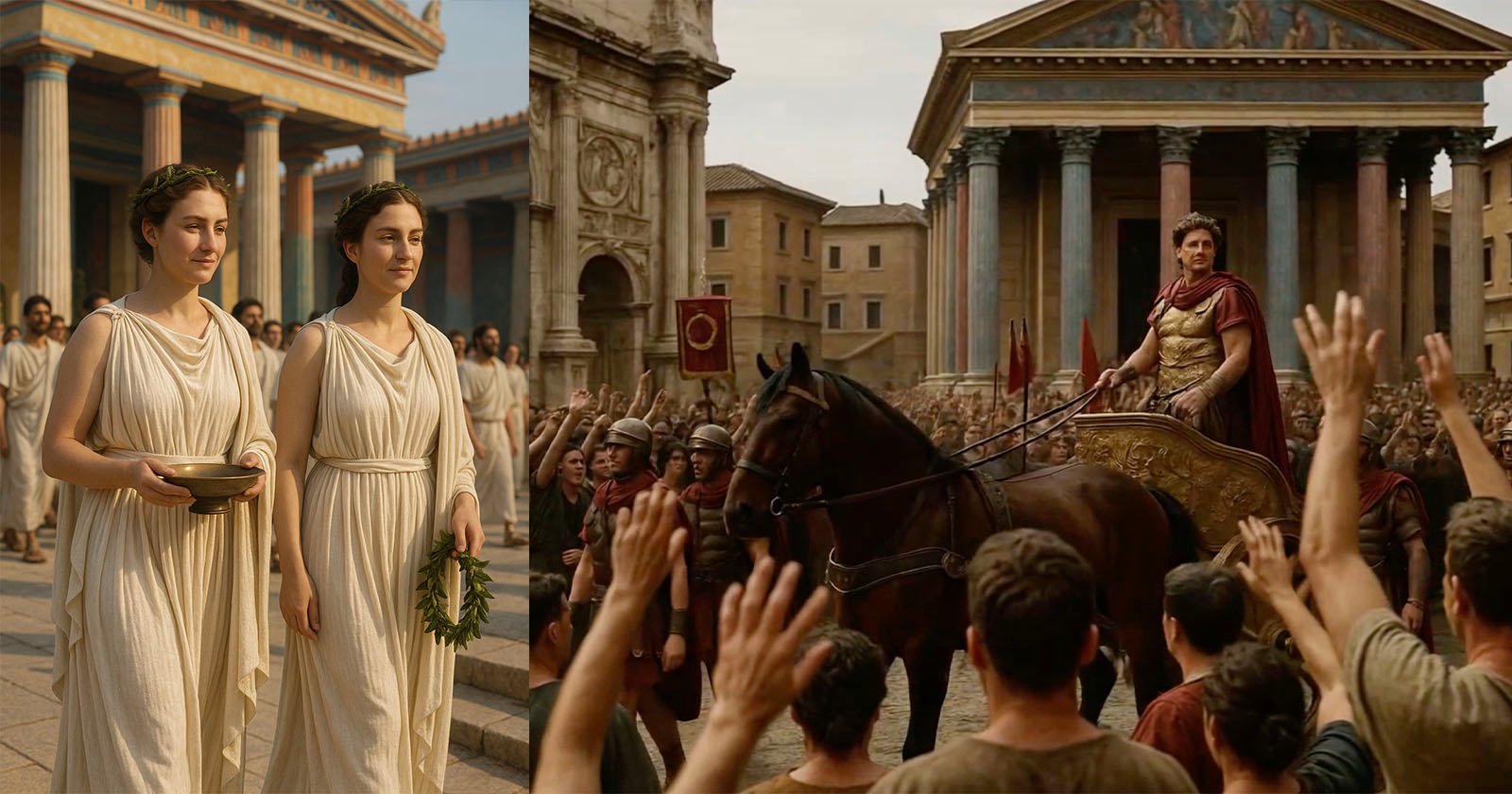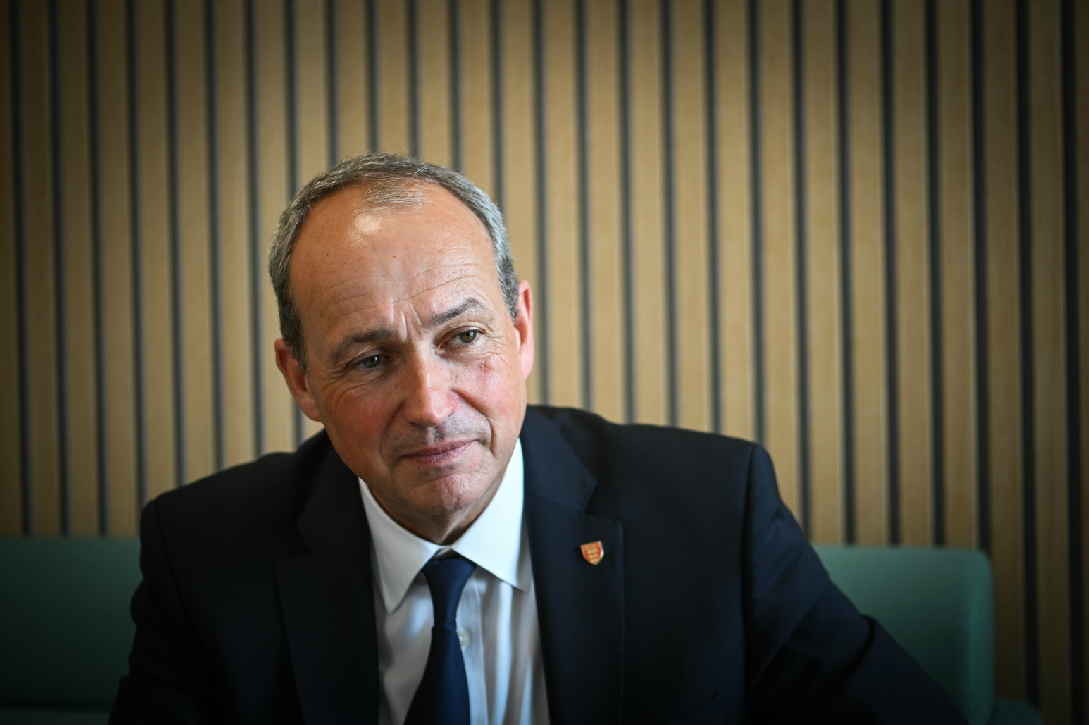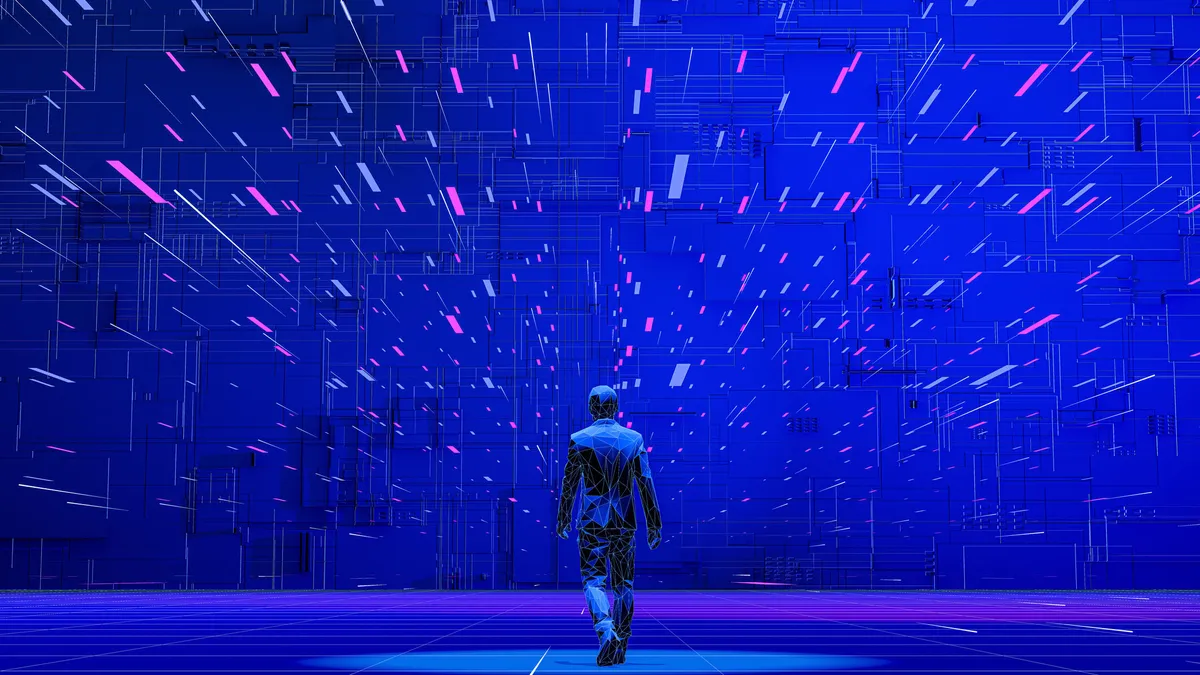
A history professor at the University of Zurich is working with a computer expert for an unusual project: building a historically accurate AI image generator.
Professor of ancient history Felix K. Maier and computer linguist Phillip Ströbel have teamed up to create Re-Experiencing History, an AI image generator designed to create true-to-real-life pictures of Rome and Ancient Greece.
Re-Experiencing History is an AI model trained on academic literature and ancient sources. Drawing on three different AI image generators, Maier and Ströbel are trying to avoid ludicrous historical inaccuracies that many AI models make.
SciTechDaily interviewed Maier and Ströbel who recall that in one early test, they got an AI image of a triumphant procession in Ancient Rome where spectators were filming it with smartphones.
“The AI may have used pictures of modern-day papal processions,” Maier tells SciTechDaily while noting that the people were overly-muscly and the streets of Rome were far too clean.
The pair — who work in vastly different fields — are using their combined skills to create a tool that they hope could be useful and exhilarating for schoolchildren.
“This project marks an important step in how we experience and convey history,” the University of Zurich writes in a press release.
“Instead of being limited to reconstructions from picture books or film adaptations, we provide a tool to create your own visualizations. Using a prompt interface and fine-tuned AI models, anyone will soon be able to design and visualize historical scenes according to their own ideas.”
The researchers hope that almost any situation from antiquity can be modeled and experienced, enabling a “much deeper understanding of historical contexts and awakens interest in and fascination with the past in a completely new way.”
Right now, the historical AI image model is only available to people who work or study at the University of Zurich, but there are plans to make it publicly accessible.
“In education, students can create interactive learning materials that bring history to life and promote interest in historical topics. Museums could give visitors the opportunity to interactively co-create exhibitions and visualize their own interpretations of historical events. For documentaries and films, the platform can serve as a source of inspiration and help in the development of authentic and detailed historical scenes,” the university adds of its potential uses.



